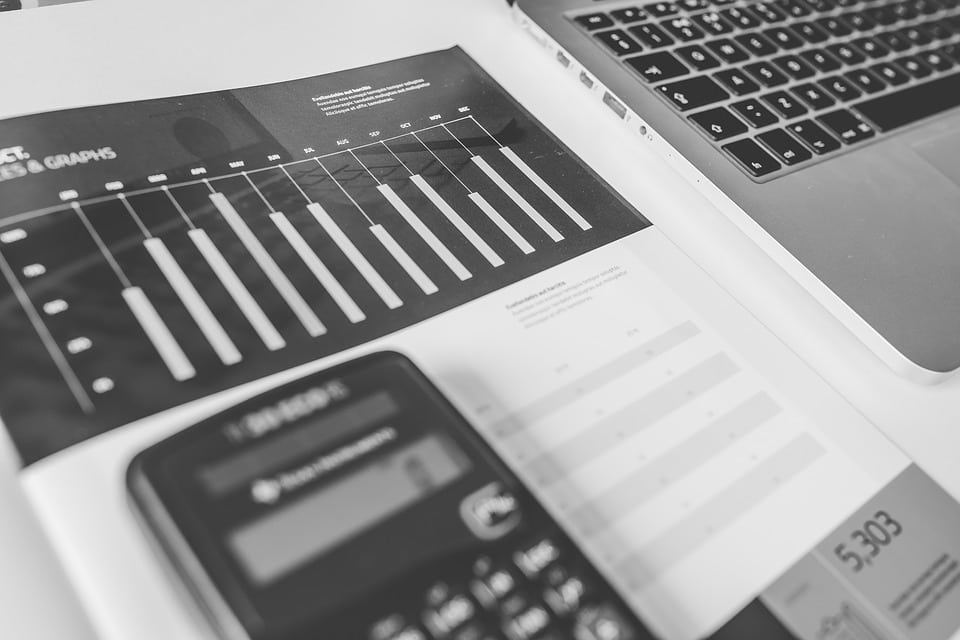
Jul
4 Differences Between CPAs and Accountants
Many business owners who consider hiring someone to handle their accounts payable and receivable functions are uncertain about the differences between an accountant and a certified public accountant (CPA). While there are some minor differences, there are four issues which highlight the importance of making the right decision for your company.
Dictionary Definitions
Business owners should understand that while every CPA is an accountant, not every accountant is a CPA. According to Miriam Webster the following are the technical definitions of the two roles:
Accountant: one who is skilled in the practice of accounting or who is in charge of public or private accounts
Certified Public Accountant: an accountant who has met the requirements of a state law and has been granted a certificate
Four Primary Differences Between CPAs and Accountants
Here are the four primary differences between CPAs and Accountants:
- Fiduciary Responsibility to Clients — Unlike an accountant, a CPA has a legal duty to act in the best interest of the client. Since a CPA often is responsible for creating the financial statements for a company, this is particularly important. While an accountant can prepare the data used for the statements, a CPA is responsible for the “front-facing” financial data used by lenders, vendors, and others when deciding about whether they should be doing business with another company. The larger the company, the more important this distinction becomes.
- 2. Understanding of Taxes and Regulations — While many business owners depend on their accountant to prepare their taxes, in most instances, this is a bad idea. Part of the educational differences (discussed later) is that a CPA should have a strong understanding of taxes and regulations. This means they are more likely to have a solid understanding of the tax code and how changes in the tax code are likely to impact their clients.
- Significant Educational Differences — While most accountants have some educational background in accounting, perhaps an accounting certificate, a CPA will generally have a minimum of a Bachelor’s Degree in Accounting. In addition, a CPA is required to perform a certain number of hours annually in Continuing Education. Under Virginia licensing requirements, a CPA is required to take 40 hours annually in continuing education credits. A CPA also must complete a CPA course with a passing grade, something not required for an accountant. To qualify to take the CPA course, an accountant must complete 150 course hours that includes auditing, core business classes and upper-level accounting training. It is worthy of note that according to AccountingEDU less than one-half of all people taking the CPA exam annually pass this exam during their first attempt. The test alone, without any study time included, lasts for 14 hours.
- Strict Code of Ethics — While there is little doubt that both accountants and CPAs must be ethical, a CPA must take specific training on ethics. Every CPA must complete this course with a minimum test score of 90 percent to qualify for licensing as a CPA in the state of Virginia. The ethics courses must be taken on an annual basis.
When a CPA is a Must
Many company owners believe they need only worry about having an accountant to handle basic bookkeeping needs. A company will generally depend in their accountant to handle day-to-day input of accounts payable and receivable, handle collections on their behalf and may use an outside company to prepare taxes. However, a company owner should also be aware if they require an audited financial statement, this may only be prepared by a CPA, not by an accountant.
While an accountant may be responsible for compiling a financial statement, should a lender request an audited financial statement, then the company will need to work with a CPA instead. This could get complicated because they will also need all of the documentation the accountant used to create the financial statements since a CPA is verifying the authenticity of the data.
Working with an Outside Accounting Firm
One of the reasons so many company owners turn to outside accounting firms is they are able to get all the services they need without hiring several different people to complete necessary financial tasks. Most companies will require a staff member to handle payroll, an accountant to handle day-to-day entry of financial transactions, and a CPA to handle audits and tax accounting.
Rue & Associates, Inc. has customized accounting and bookkeeping services designed to meet your needs. Whether you use one of our “standard” packages or you prefer a custom approach to dealing with your financial needs, we can help. Contact us and let us help you find the right solution for your accounting, bookkeeping and tax needs.




